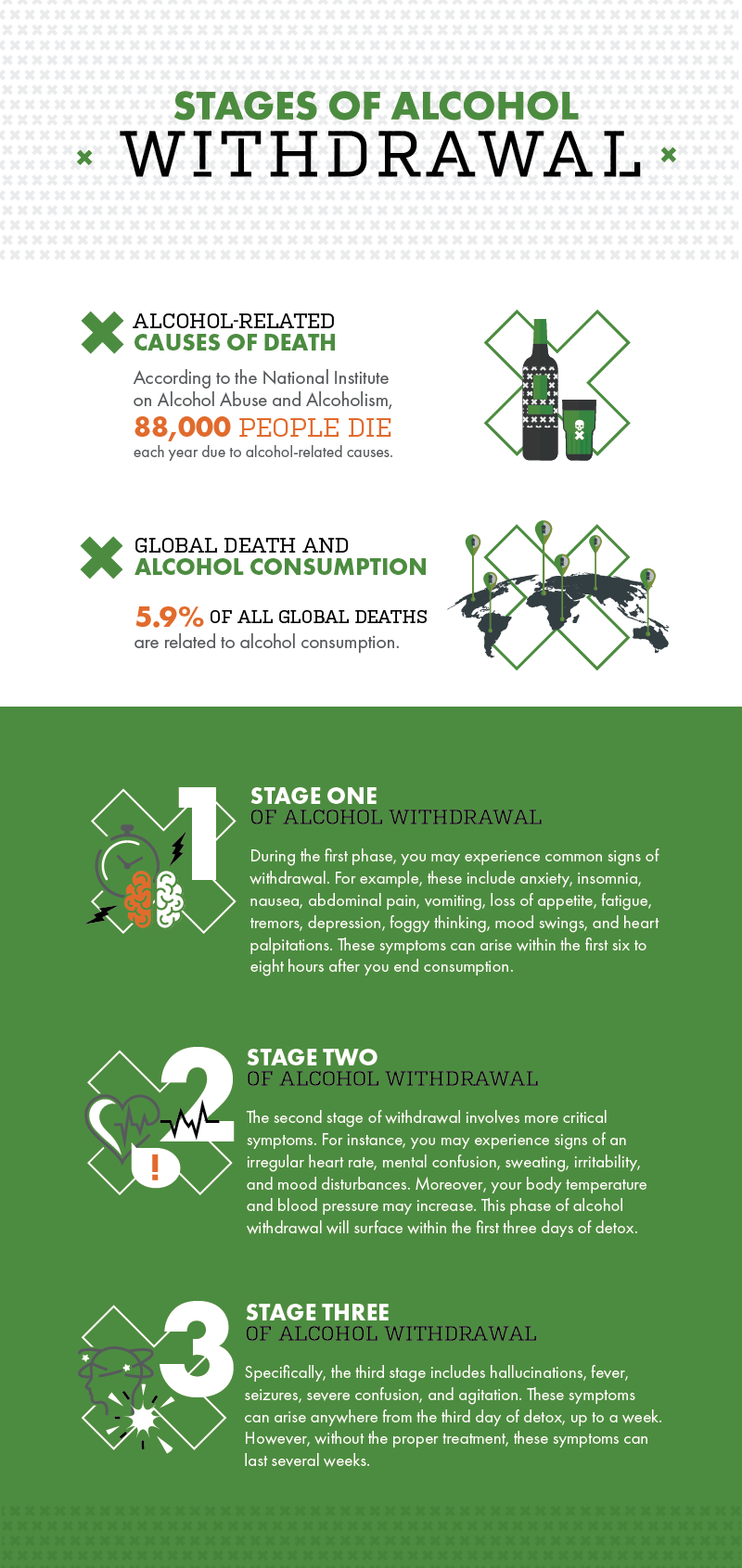After Completing Drug Rehab, It's Essential To Have A Solid Support Group In Place To Make Sure Lasting Healing. Discover How Aftercare Programs Can Help You Keep Sobriety And Produce A Satisfying Life
After Completing Drug Rehab, It's Essential To Have A Solid Support Group In Place To Make Sure Lasting Healing. Discover How Aftercare Programs Can Help You Keep Sobriety And Produce A Satisfying Life
Blog Article
Content Author-Henry Larson
You can not do it alone. Recuperation from drug addiction calls for a solid support system.
The significance of aftercare in drug rehab can not be overemphasized. In this post, we will explore the duty of counseling, the benefits of therapy, and the structure provided by peer support groups in keeping sobriety.
So, order a cup of coffee, sit back, and allow us direct you with the vital steps of post-rehabilitation support.
The Duty of Therapy in Aftercare
If you intend to preserve your sobriety after leaving rehabilitation, it's crucial that you continue participating in therapy sessions as part of your aftercare strategy.
Therapy plays a vital role in your recovery journey by providing continuous assistance, assistance, and a secure area to express your feelings and issues.
Via counseling, you can address any underlying issues that may have added to your dependency, develop coping strategies, and find out much healthier means to handle anxiety and yearnings.
It enables you to overcome any kind of unsettled emotions and develop a far better understanding of yourself and your triggers.
The Advantages of Therapy in Keeping Soberness
To keep your sobriety, therapy can offer various benefits.
- Therapy uses a secure room for you to discover and resolve the underlying problems that may have added to your dependency.
- It allows you to work through your emotions and develop much healthier ways of dealing with stress and anxiety and triggers.
- Through therapy, you can get a better understanding of on your own and your patterns of habits, which can help you make favorable modifications in your life.
- In addition, therapy supplies you with a support group of experts who are trained to direct and help you on your trip to recovery.
- They can use beneficial insights, devices, and techniques to aid you browse the difficulties that may occur.
- In treatment, you can discover to create healthy coping skills, build durability, and enhance your general well-being.
Peer Support Groups: A Structure for Lasting Recuperation
You can find long lasting recovery by proactively participating in peer support groups and getting in touch with others who share comparable experiences and objectives.
Peer support groups give a risk-free and non-judgmental space where people in recuperation can integrate to share their battles, successes, and insights. By proactively joining these groups, you can obtain the support and encouragement you need to stay on the course of recovery.
Getting in touch with others who've experienced comparable experiences can be unbelievably empowering, as it helps you realize that you aren't alone in your journey. It additionally enables you to pick up from others who have actually successfully overcome similar obstacles. With https://www.wcvb.com/article/wcvb-reporter-ted-wayman-recovery-story-resources-for-addiction-alcoholism/40049505 , you can celebrate turning points, hold each other answerable, and offer assistance and suggestions.
you could try here , you can develop a solid support group that will aid you browse the ups and downs of recuperation and eventually discover long lasting recovery and improvement.
Verdict
You have actually learnt more about the important function of aftercare in drug rehab. Counseling, treatment, and peer support groups add to lasting recuperation. Right here's an astonishing figure to realize the magnitude of the issue: researches show that people who obtain aftercare therapy are 50% most likely to maintain sobriety contrasted to those who do not.
So, imagine the transformative power of these support systems in helping people recover their lives and develop a brighter, drug-free future.
